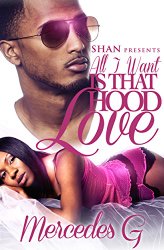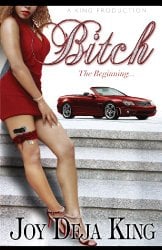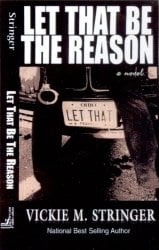It’s an established fact that traditional publishing is a mostly white man’s world. Self publishing, on the other hand–free from the inherent gatekeeping of agents and publishers–gives otherwise marginalized voices the opportunity to be heard, and read.
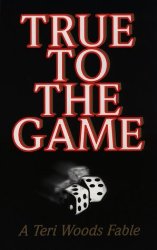
Urban lit–also known as street and hip-hop–is a fascinating genre in the world of self-publishing, with the humblest of beginnings: in the pre-internet days of vanity presses, authors like Mark Anthony and Teri Woods got their start by selling their books on 125th Street in Harlem, on Jamaica Avenue in Queens, and out of their cars. Today, with the advent of ebooks, Amazon and social media, many authors have been able to take their careers from the streets to the bestsellers lists and–in the case of Ashley and JaQuavis Coleman–a profile story in the venerable New York Times.
What’s so compelling about street lit? The stories focus on people of color in urban settings, typically engaged in illegal activity like gang violence, drug dealing or prostitution–scenarios often excluded in more mainstream books. Showcasing the struggles and realities of an inner-city existence, many readers find they can relate to urban fiction better than other genres.
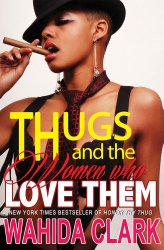
Street lit isn’t without criticism; like contemporary hip hop, it’s been said to glamorize illegal activity or propagate stereotypes. As noted in The New York Times story mentioned above, “The luridness of street lit has made it a flashpoint, inciting controversy reminiscent of the hip-hop culture wars of the 1980s and ’90s. But the street-lit debate touches deeper historical roots, reviving decades-old arguments in black literary circles about the mandate to uplift the race and present wholesome images of African-Americans.”
But urban fiction can just as easily be read as cautionary tales. As stories of struggle and survival—Library Success, a librarian-run wiki, calls the genre “survivalist fiction in dystopia settings”—young readers can learn from mistakes made by protagonists and the courses they take to go straight. The driving force in these books, after all, is to establish a better life for oneself—which often means walking away from a life of crime.
Those who are skeptical of urban lit’s redemptive quality might want to look at some of the genre’s biggest authors and their accomplishments. Wahida Clark, a New York Times bestselling author, served a nine-and-a-half-year prison sentence before launching her career as an author. Now, in addition to operating her own publishing company, she serves as Vice President of the Prodigal Sons & Daughters re-entry program for convicts and ex-convicts—using her lived experience to speak to and help others towards rehabilitation.
Alums of the genre have rags-to-riches stories that many indie authors dream of: a young Mark Anthony would allow some friends to read his handwritten stories, who urged him to publish. The humble self-published author is now incredibly influential in the industry, having established QBoro Books publishing company. Vickie Stringer followed a similar arc after her debut self-published novel, Let That Be the Reason became a bestseller, prompting her to open Triple Crown Publications.
While most street lit remains self-pubbed, mainstream traditional publishers–seeing dollar signs– jumped in a few years back and now publish some of the work by Mr. Anthony and the rapper 50 Cent—along with a subgenre of black erotica led by the writer known as Zane.
The Queens Library in New York, the highest-circulation public library system in the country, began lining the shelves with street-lit several years ago due to overwhelming demand from teenagers who had never been interested in reading before. “If there’s some cultural phenomenon going on out there and it’s not in here, we want to know why,” said Joanne King, a spokeswoman for the Queens Library.
Aziah King’s infamous “Zola story,” told via Twitter before taking the internet by storm, can easily be seen as a digital work of urban lit—its instant viral status showing how wide an audience one can capture with little more than a captivating story.
Want to check out indie street lit? Start with the titles below!
Trust No Bitch by Ca$h and NeNe Capri
Bitch: the Beginning by Joy Deja King
Thugs and the Women Who Love Them by Wahida Clark
Let That Be the Reason by Vickie Stringer
Devout by Takerra Allen
Stay by Ivy Simone
All I Want is That Hood Love by Mercedes G
